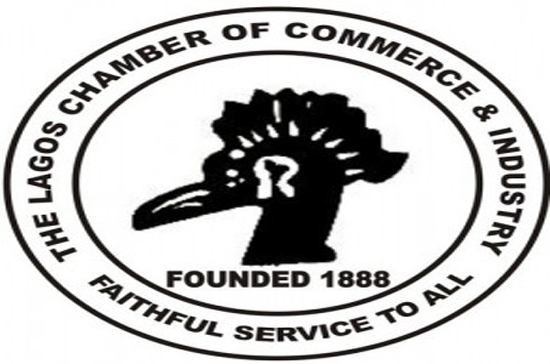The Lagos Chamber of Commerce and Industry (LCCI) has advocated inclusive and holistic support measures for households and businesses in the formal and informal sectors to tackle COVID-19 effects on the nation’s economy.
Dr Muda Yusuf, its Director-General made this known in an executive report entitled: “LCCI Economic and Business Brief: May 2020: Supporting the Informal Sector of the Nigerian Economy’, on Monday in Lagos.
Yusuf said that while efforts of policymakers in protecting households and businesses were commendable, the interventions had largely been tilted toward formal establishments.
According to the director-general, the relief largely excludes businesses who need it most – informal sector participants – whose activities account for up to 65 per cent of Nigeria’s GDP.
READ ALSO: Stella Oduah: EFCC To Appeal Vacation of Interim Asset Forfeiture Order
He said that even if the outbreak was contained, the informal economy would continue to grapple with the catastrophic impact brought on by the pandemic.
This, he stressed, might see many informal enterprises go out of business amid weak macro fundamentals (weak growth, rising inflation, depressed aggregate demand, low investment) thereby rendering millions of individuals jobless.
“The rapid spread of the COVID-19 pandemic propelled the federal and several state governments to impose lockdown in almost all parts of the country as part of measures to arrest the virus.
“The directive has dealt a severe blow on the economy, especially informal businesses, given their lack of adequate cash buffers to withstand shocks precipitated by the novel Coronavirus.
“The fiscal and monetary sides of authorities, as well as private sector leaders, introduced various relief packages to support affected households and businesses.
“Prior to the outbreak, informal businesses had been facing multiple challenges including lack of access to finance, weak infrastructures and inconsistent policies.
“Thus, excluding them from the relief packages makes it increasingly difficult for them to survive this turmoil,” he said.
Yusuf recalled that a survey by Small and Medium Enterprise Development Agency of Nigeria (SMEDAN) and National Bureau of Statistics (NBS) totalled the number of micro-enterprises in Nigeria at 41.4 million in 2017 which accounts for 99.8 per cent of MSMEs in Nigeria.
“This means that about 2 per cent of Nigeria’s 41.4 million micro-enterprises have formalised registration with Corporate Affairs Commission (CAC).
“Therefore, neglecting the majority 98 per cent (about 40.6 million) from relief packages raises concern.
“More so, the requirements for accessing the intervention packages rolled by the Central Bank of Nigeria (CBN) is over and above the capacity of most informal businesses, although they form the bulk of business operators in Nigeria.
“For the benefit of all, palliative measures must be encompassing, result-oriented, strategic, actionable and must target businesses at the bottom of the pyramid,” he said.
He also recalled that the IMF, in its latest World Economic Outlook, projected that the Nigerian economy would contract by 3.4 per cent in 2020, and rebound by 2.4 per cent in 2021, on the assumption that the pandemic was contained in the second half of 2020.
“Given that sizeable number of Nigerian households operates in the informal economy, harsh economic realities will weaken consumer demand for firm’s products, thus prompting firms to cut production to meet lower demand, with the resultant effect being dwindling domestic productivity (GDP),” Yusuf said.
The commerce guru, therefore, recommended an extension of the scope of relief measures to informal businesses nationwide for significant impact.
He also advised the leveraging on relevant trade associations to facilitate grants, cash transfers, direct credit lines, to members for business sustainability.
He pushed for soft loans (at single-digit interest) to enable informal players to have enough working capital to meet short term obligations.
“There should be a creation of a special intervention fund for micro informal businesses, with relaxed criteria for access.
“Measures must also be put in place to encourage easy transitioning into formal businesses,” he said.




 Premier League
Premier League